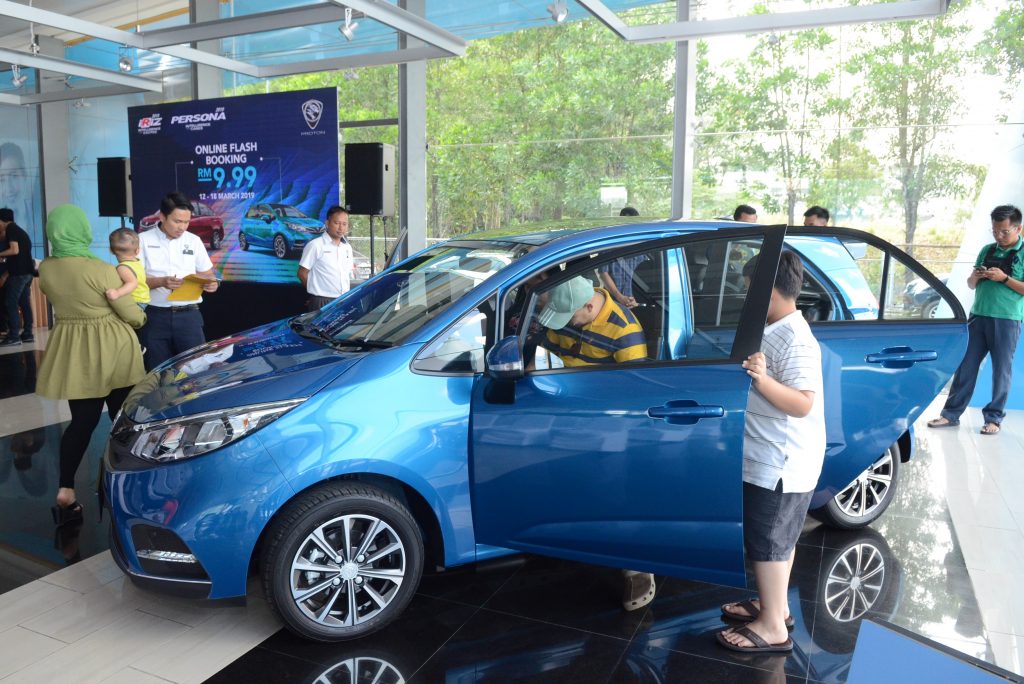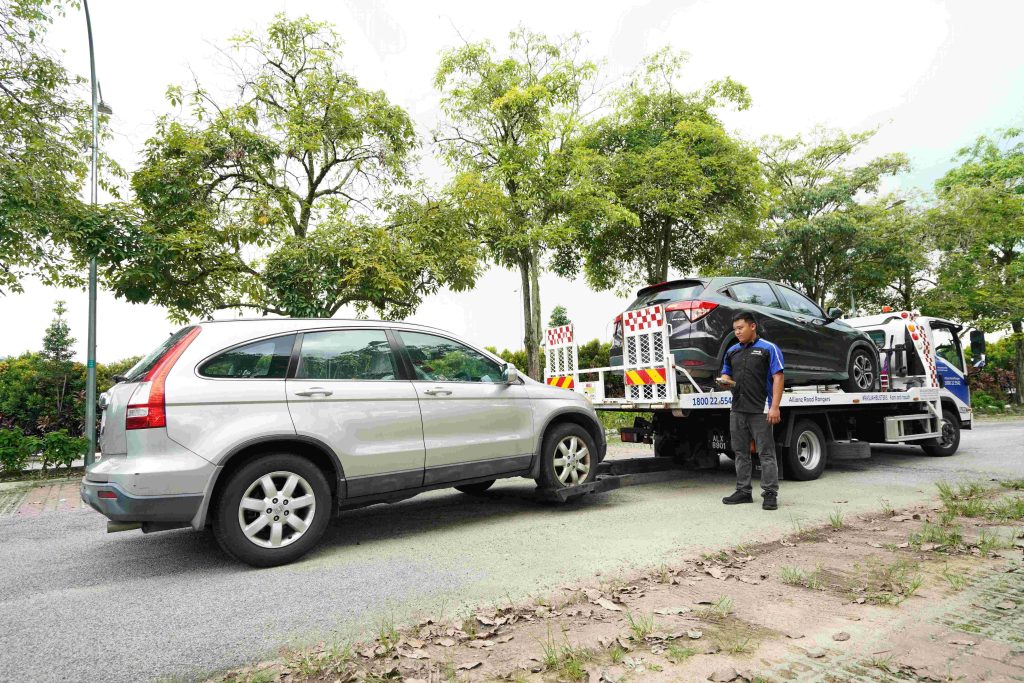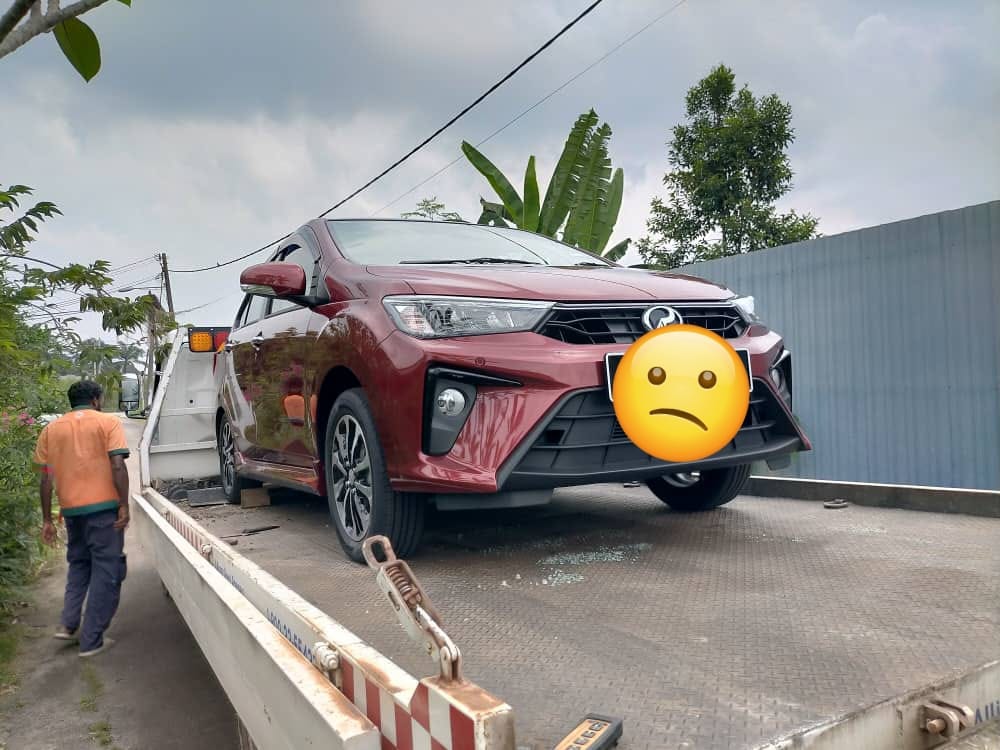Government Mulls Introduction Of Lemon Law For Defective Cars

This lemon law proposal is currently slated to be amended on the books sometime in March next year.
Buyers of defective new cars may soon finally be better protected in Malaysia, as there is currently the potential for a lemon law to be introduced over here next year.

According to domestic trade and cost of living (KPDN) minister Datuk Armizan Mohd Ali, his ministry is aiming to introduce such a law, or amend existing acts related to defective vehicles, in March next year, to establish a more comprehensive consumer protection framework. A group of law experts has since also been appointed by the ministry to prepare a report on best practices implemented in several countries, and hold engagement sessions with relevant parties.
“They will start work from June until the end of September, and submit a comprehensive report to the ministry,” the KPDN minister told reporters after opening the Malaysian Consumer Symposium 2024. Datuk Armizan then added that the ministry will rely on said report ‘to decide whether we need a specific lemon law or merely need to amend existing ones’.

A lemon law is in essence a law that provides remedy for buyers of motor vehicles (and other consumer goods) to obtain compensation for products that repeatedly fail to meet quality and performance standards. The US, Singapore, South Korea, China and the Philippines are among the countries that have lemon laws on their books.
There are currently four existing laws with the lemon law features in Malaysia. This includes the Consumer Protection Act (Act 599), the Contract Act 1950, the Sale of Goods Act 1950, and the Hire-Purchase Act 1967.

The government had previously stated back in January that it was in the early phases of reviewing and researching the possibility of adopting a lemon law to protect car buyers who purchase defective vehicles. This came amid renewed calls for its implementation late last year, after a couple stories of newly-bought cars that were defective went viral online.

Aside from an update on the lemon law matter, KPDN has also stated that it will be implementing two interim consumer protection strategies. The first of which is the establishment of a negotiation taskforce for motor vehicle complaints that involves a tripartite negotiation among the ministry, buyers and distributors, or manufacturers; while the second is the strengthening of the Tribunal for Consumer Claims Malaysia (TTPM) process, through cooperation with Bank Negara Malaysia (BNM).
This special negotiation process involves new private vehicles (cars or motorcycles) not more than six months old from the date of registration that are still under the valid warranty period, and have yet to be modified, among other things. Armizan said consumers currently facing issues with their new motor vehicles, whose initial claims with the manufacturers have been unsuccessful, can submit their complaints through the ministry’s official channels.

As for the strengthening of the TTPM process, Armizan said that his ministry is getting the central bank’s cooperation to facilitate the issuance of consent letters by banking or financial institutions to allow consumers to make compensation claims at TTPM or the court. He elaborated for one of the constraints that consumers face when seeking compensation for faulty new vehicles is the difficulty in obtaining consent letters due to ownership issues under the Hire-Purchase Act 1967, that allows the vehicles to be transferred to the consumer only upon completion of payment.
He added that the government hopes that industry players are willing to respond to the government’s aspirations in helping consumers and cooperate in protecting consumer rights, thereby fostering a fair and transparent market.





